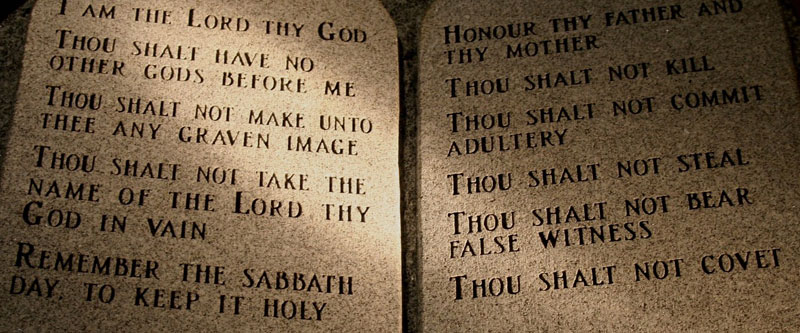“Therefore my appeal is that the PCA re-focus on the gospel ministry of the church and make that its declaration rather than repeatedly making statements on race and its related issues.”
Part 1 » Framing The Issue
Narrowly considered, the following series of articles is an appeal to my fellow elders in the Presbyterian Church in America (PCA), but more generally it is an appeal to the church of the Lord Jesus Christ as a whole. Perhaps there is no issue more charged these days than race, and I understand the intensity. Racial sin is perhaps so painful because it attacks people specifically at the point of how God made them in His image. The Bible tells us: “So God created man in his own image, in the image of God he created him; male and female he created them.” (Genesis 1:27, ESV). Since all of mankind is created in God’s image, the severity of racial sin is found in its attack on the God who made that person in that way. And yet this sin is not unique to our time.
Racism has been in the world at all times and exists between all sorts of different people groups. Its manifestation is not in the United States only, but exists in all cultures. The bad news is that, because of man’s corruption, this sin will continue until Christ returns. Racial sin, and sins of ethnic prejudice and favoritism, are a result of the fall and will not be reversed until the human heart is made new in Christ, or the effect of the fall is reversed in His second coming.
Wherever sin is found, any sin, it is right for the church to address it, which includes the sin of racism. Whether sin manifests itself within the walls of the church, or in severe cases in society as a whole, the church confronts sin as evil and calls people to repentance. Those within the church who are unrepentant in sin should be shepherded in accordance with Matthew 18:15-20. If shepherding proves ineffective in bringing about repentance, those holding on to their sin should be addressed in the courts of the church. The church, in humility and love, is to enter formal discipline for the sake of reclaiming their souls from the path of destruction, preserving the purity of the church of Christ, and giving glory to God.
Beyond the work of shepherding within the church, there are situations where the church must make public declarations about the sins of society. However, respecting the different spheres of authority the Lord has established in His world, the church’s declarations about civil matters outside the church should be relatively rare, reserved for extraordinary circumstances. In speaking on the declarations of synods and councils the Westminster Confession of Faith says,
“Synods and councils are to handle, or conclude nothing, but that which is ecclesiastical: and are not to intermeddle with civil affairs which concern the commonwealth, unless by way of humble petition in cases extraordinary; or, by way of advice, for satisfaction of conscience, if they be thereunto required by the civil magistrate.” (Westminster Confession of Faith 31.4)
That indicates that though unrepentant sin within the covenant community should always be addressed by the leadership of the church, not every instance of sin in society requires a response from the church. Since Adam’s fall, the word has been plunged into a condition of sin and misery which pervades all societies everywhere. It is the function of the civil magistrate to restrain that sin in society by protecting those who do good and punishing the evildoer (Romans 13:4), while the church is charged primarily with the proclamation of God’s word, which will shape and form the actions of society by the conversion of souls. Perhaps it is helpful to think of the church’s confrontation of sin in society as more on an individual basis than a corporate one.
All of this is introduction to my plea to the elders of the Presbyterian Church in America. At the last few General Assemblies (GA) there has been an adaptation of the concerns of the world within the walls of the church.
Therefore my appeal is that the PCA re-focus on the gospel ministry of the church and make that its declaration rather than repeatedly making statements on race and its related issues.
For some that statement may seem abrasive and uncaring. It is not. Rather it is a request that stems from a great desire for unity in the PCA, and beyond this denomination, to the church as a whole. Unity is hampered by the constant revisiting of the issue of race. To justify this appeal, examination is required to see whether the church’s position on this sin is clearly known. In addition, consideration must be given as to whether this sin is on-going in our denomination, or simply something of the past. To that end, this series will examine:
-
- Whether the PCA has a clear and thorough declaration on the sin of racism;
- Whether there are any new or extraordinary manifestation of this sin rearing its head in society or the PCA that would warrant additional teaching from God’s word;
- Whether the PCA neglects shepherding of private or public unrepentant sins in this regard that should be addressed by church courts.
Geoff Gleason is pastor of Cliffwood Presbyterian Church in Augusta, Georgia. His passion is to see the people of God grow in their faith, and those who are lost become numbered among the faithful. He has been married for 28 years and, usually, is the joyful father of 11 children ranging in age from 28 to 6, and two grandsons.










